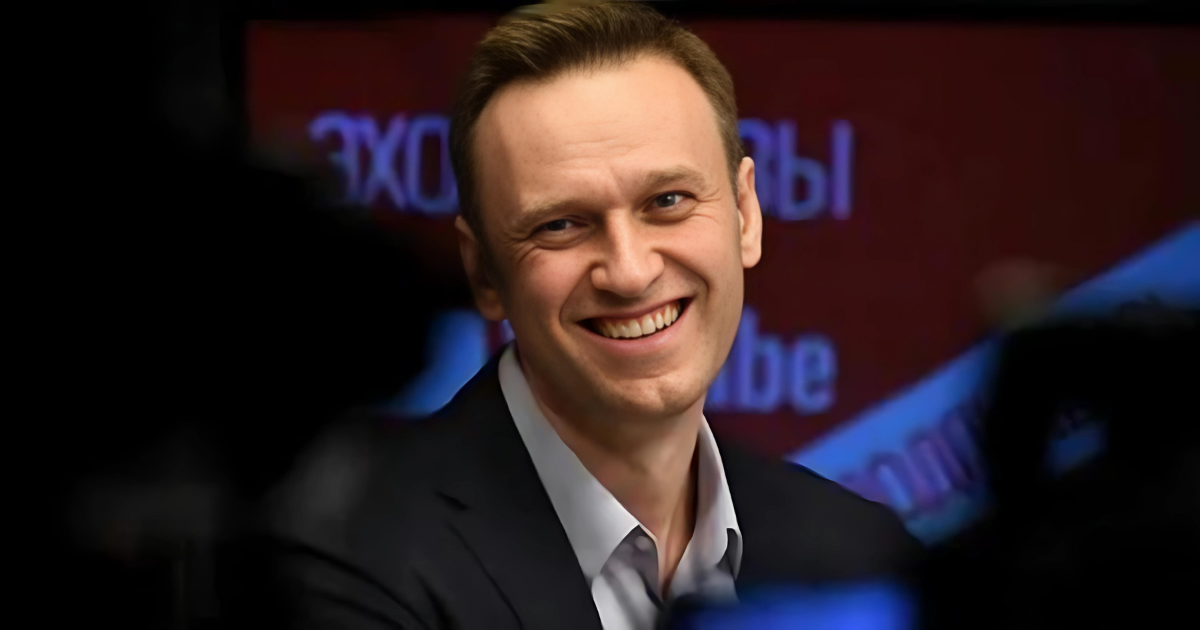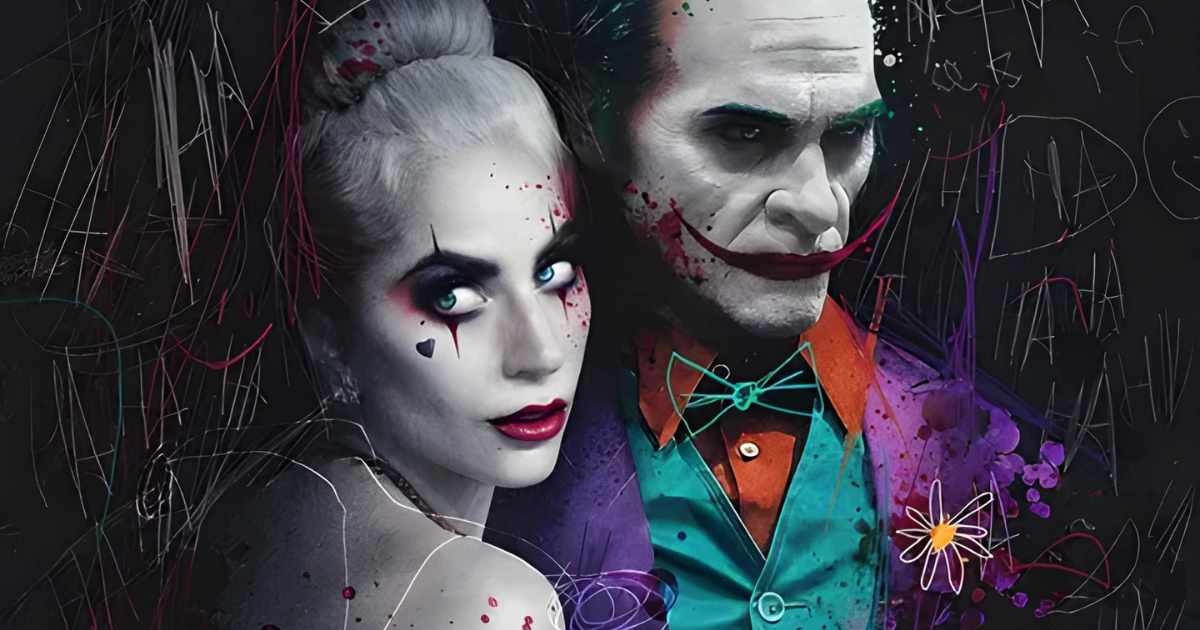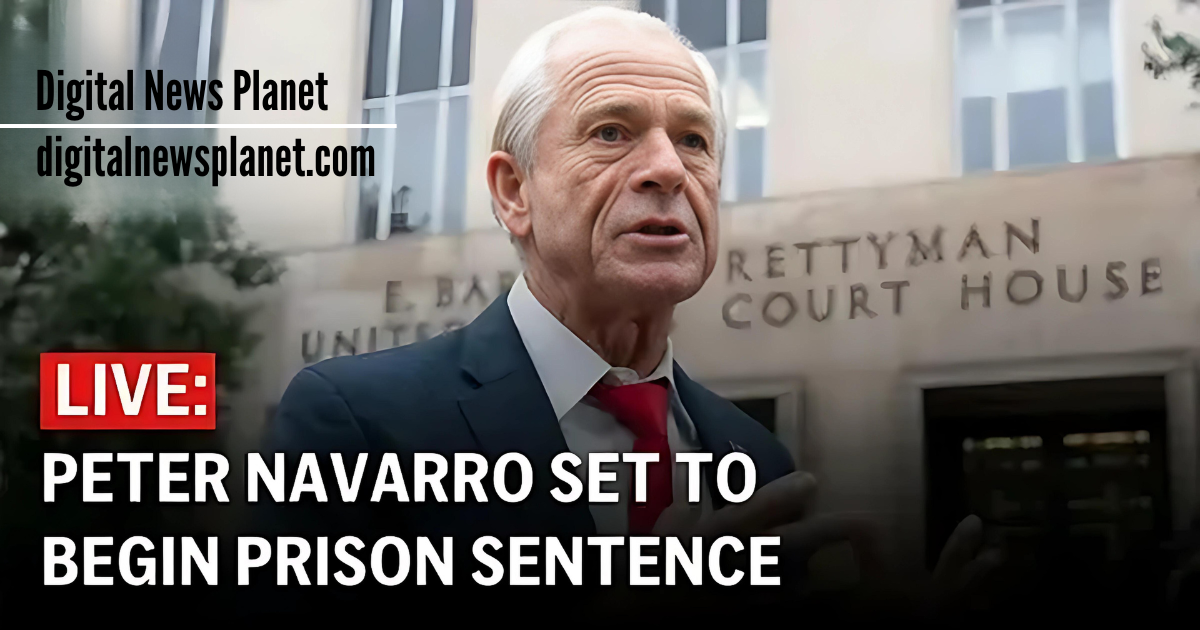Introduction:
Alexei Navalny has made headlines worldwide as a fierce critic of Russian President Vladimir Putin and his government. As Russia’s most prominent opposition leader, Navalny has faced persecution and attempts on his life for daring to speak out against Putin’s authoritarian rule.
Despite numerous stints in jail, being barred from running in elections, and even a poisoning attempt, Navalny has continued his activism and anti-corruption campaigns. His determination in the face of grave threats has inspired supporters across Russia and brought greater international attention to Putin’s human rights abuses.
So who is Alexei Navalny? What motivates his fight for democratic reforms in Russia? And why does the Kremlin view him as such a threat? This article from Digital News Planet traces Navalny’s background, meteoric rise as an opposition firebrand, and ongoing standoff with the Putin regime.
Alexei Navalny’s Background:
Alexei Anatolievich Navalny was born on June 4, 1976, in Butyn, a small town near Moscow. His parents were middle-class, and he had a modest upbringing. Later, he attended a military school and enrolled at the Peoples’ Friendship University of Russia to study law in the 1990s.
Navalny acquired a reputation as a fiery orator and skilled debater early on. As a university student, he became interested in politics as he witnessed Russia’s messy transition from communism to quasi-democracy under Boris Yeltsin.
Navalny joined the liberal Yabloko party in 2000, aligning himself with pro-Western, pro-market reforms. Though he vocally criticized corruption under the Yeltsin administration, he would soon aim for much bigger fish in the Putin era.
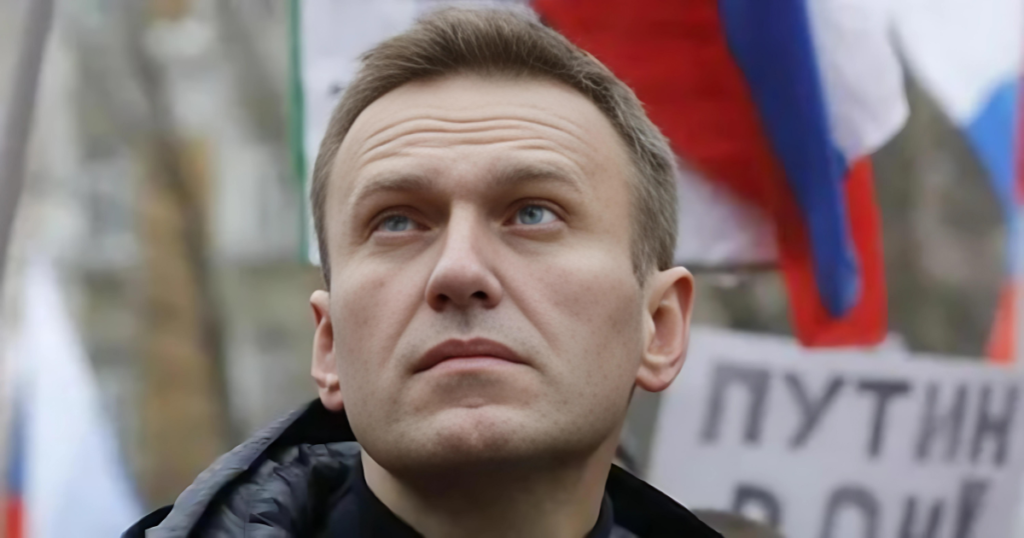
Navalny Targets Putin’s Corruption:
In 2008, the little-known 32-year-old Navalny went viral by dubbing Putin’s dominant United Russia party “the party of crooks and thieves.” His LiveJournal blog soon became a popular hub for criticizing cronyism and graft under Putin’s thumb.
That same year, Navalny co-founded the NGO Union of Minority Shareholders, which confronted corrupt leaders at major Russian companies like Gazprom, Surgutneftgas, and significant banks. This cemented his status as an anti-corruption crusader.
By 2011, Navalny was becoming a headache for the Kremlin. That year, he launched the RosPil project, which crowd-sourced information to build lawsuits against corrupt government officials and businessmen. In just over a year, RosPil had recovered over $3 million from fraudulent contracts on behalf of the Russian government.
In September 2013, Navalny ran for Mayor of Moscow, receiving over 27% of the vote and finishing second behind Putin’s ally Sergei Sobyanin. His surprise surge demonstrated growing support for the opposition movement among younger Russians. However, he was soon placed under house arrest on dubious embezzlement charges and then barred from running against Putin in the 2018 presidential elections.
Navalny Poisoned for Criticizing Putin:
Navalny’s anti-Putin rhetoric has made him many powerful enemies and prompted multiple assassination attempts. In 2017, an assailant broke into his campaign office and threw green antiseptic dye at his face, damaging an eye.
However, the most brazen attack came in August 2020. While onboard a flight heading from Siberia to Moscow, Navalny started shrieking in pain before falling unconscious. He had to make an emergency landing in Omsk and was hospitalized in a coma.
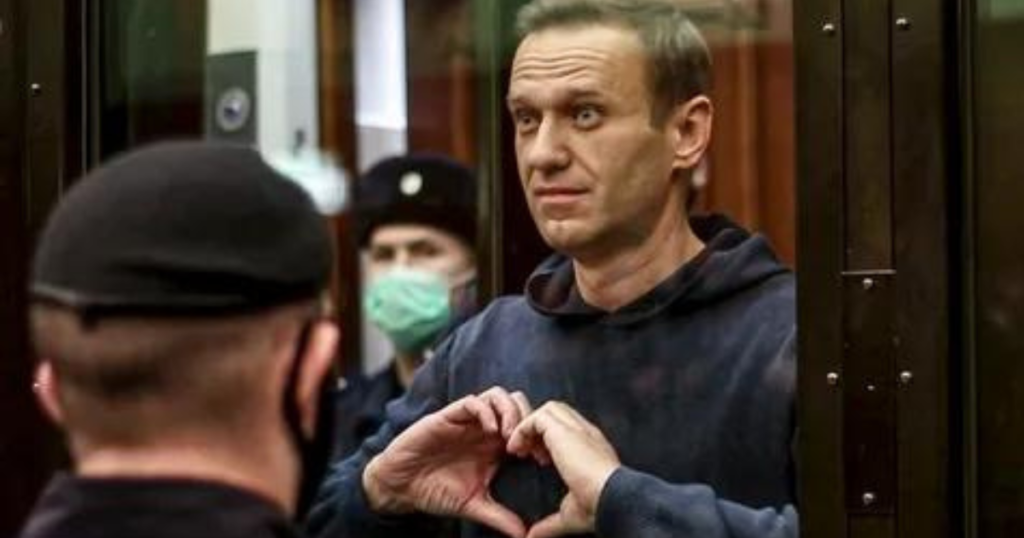
It was soon revealed that agents from Russia’s FSB spy agency had poisoned Navalny with Novichok nerve agent, one of the world’s deadliest chemical weapons. Western investigators found that specialized labs closely controlled by the Kremlin were involved. Navalny was evacuated to a hospital in Germany and eventually recovered.
Navalny then released a recording of a phone call with an FSB agent where he extracted a confession about the poisoning plot. His daring defiance of Putin by returning to Russia led to his arrest in January 2021. Amnesty International declared him a prisoner of conscience as he launched hunger strikes from prison.
Alexei Navalny’s Net Worth:
Given his prominent political activism and the threats he faces, many have wondered what Alexei Navalny’s net worth could be. Some estimated the former lawyer likely had over $2 million in assets, given the value of the apartments he owned.
However, Navalny lives a modest lifestyle compared to Russian oligarchs with exorbitant yachts and mansions. He has also said: “My work and philosophy does not allow me to own assets abroad or in Russia. All assets are officially registered for my wife.”
While living in exile in Lithuania in 2013, Navalny admitted having significant debts and issues with unpaid bills for his Foundation for Fighting Corruption organization. Facing financial sanctions has only added more hardship. But for Navalny, the fight itself is the driving purpose.
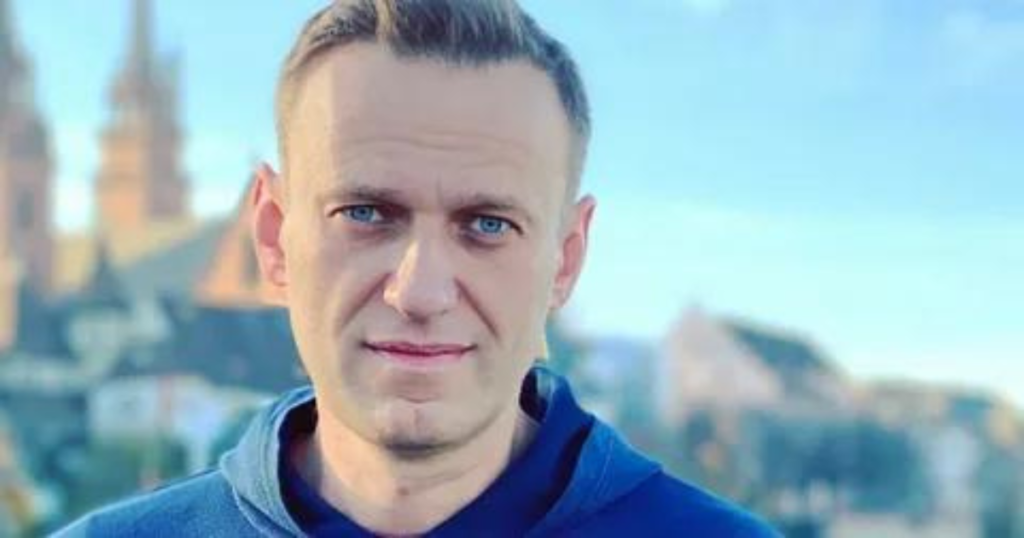
Alexei Navalny’s Family Faces Pressure:
As Putin’s regime seeks to silence Navalny as a political threat, his loved ones have also faced enormous pressure. Most troublingly, his brother Oleg was jailed for over three years to force Alexei’s silence during embezzlement investigations beginning in 2014.
Navalny credits his wife, Yulia, for helping him get back on his feet after the assassination attempt, saying her support kept him motivated. But Yulia was arrested multiple times in early 2021 while protesting her husband’s detention.
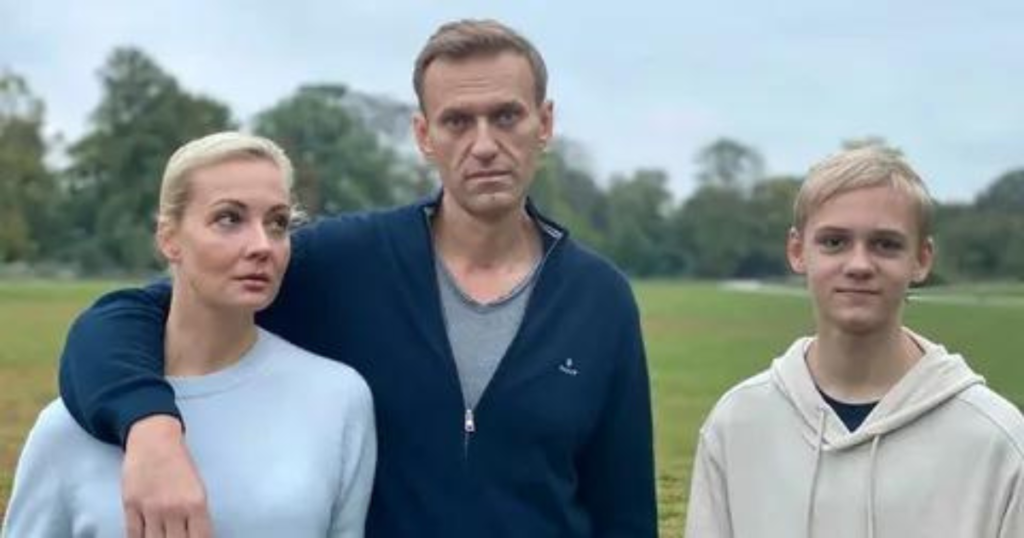
The couple’s two children, Daria (born 2001) and Zahar (born 2008), prefer to stay out of the public eye for safety reasons. But they have faced harassment as well. When the family travelled to Germany after the Novichok attack, Russian media spread false rumours that they had requested asylum.
Despite safety concerns for his family, the steely-eyed Navalny has refused to back down, saying: “It’s one thing when they follow you. When they follow children, it’s beyond the edge of meanness.”
The World Reacts to Navalny’s Crusade Against Putin:
Navalny’s anti-corruption campaigns and near-fatal poisoning have made him a cause célèbre for human rights around the globe. Western politicians have urged Moscow to investigate the assassination attempts and let him participate freely in elections.
In 2021, Navalny was nominated to receive the European Parliament’s prestigious Sakharov Prize for freedom of thought after being poisoned for “his immense personal bravery.” Time Magazine named him one of the world’s 100 most influential people in 2012 and again in 2021.
When Navalny was first arrested in January 2021 after returning to Russia, mass protests erupted across Russia’s 11 time zones, with over 5,100 demonstrators detained. World leaders condemned the arrests, including former U.S. Secretary of State Mike Pompeo, who said the U.S. “strongly condemns” Russia’s harsh tactics.
In April 2021, with Navalny’s health failing badly in prison, the Washington Post published an open letter signed by over 260 writers, artists and academics demanding he receive proper medical care. Signatories included Harry Potter author J.K. Rowling, director Joss Whedon and Nobel laureate Herta Müller.
In June 2021, the European Union imposed new economic sanctions specifically over Navalny’s imprisonment, targeting Russian officials and even government-linked media for spreading propaganda. The E.U.’s foreign policy chief said, “Russia continues to test our limits with unjustified arrests” of Navalny and protest supporters.
These vocal displays of support for Navalny have enraged Putin, who refuses even to speak the opposition leader’s name in public. The Kremlin’s concerted efforts to clamp down on his movement only demonstrate how much influence Navalny has gained in standing up to Putin’s tyranny.
The Ongoing Battle For Democracy in Russia:
Even from behind bars, with his organizations outlawed as “extremist,” Alexei Navalny continues advocating for fair elections and more political freedom in Putin’s Russia. Using his lawyers and social media to release exposés on corruption, he reaches supporters with messages such as:
“Putin and his billionaire friends are destroying the future of Russian people for their personal gain and profit.“
“Russia’s future is bright. Corruption’s future is a dead-end.”
“Though I may be in prison, I will not give up.”
However, the prospects for meaningful change in Russia remain bleak while Putin’s tight grip on power persists. The Kremlin continues cracking down ruthlessly on dissent and free speech, with over 16,000 Russians arrested in early 2022 for protesting Russia’s invasion of Ukraine.
Western governments and human rights groups have called for Navalny’s immediate release, pointing to numerous violations of his legal and civil rights. So far, Putin remains unmoved, seeing the muckraking Yale-educated lawyer as a threat who must be eliminated.
The harsh prison terms for Navalny and the shrinking space for political opposition cast a dark pall over dreams of a democratic Russia. But Navalny and his supporters will keep working to spread their message despite all the risks they face. With unwavering optimism, Navalny writes:
“Every act of protest, even the smallest one, matters. Action is the oxygen without which despotic regimes suffocate.“
The World Watches and Waits:
As Alexei Navalny remains cut off from the outside world in prison, supporters across Russia and globally anxiously follow updates on his condition. Many fear the Kremlin seeks to make Navalny disappear without accountability for human rights violations against him.
In March 2022, Navalny was sentenced to an additional nine years in a maximum-security prison on fraud charges he called politically motivated and “absurd.” Combined with prior sentences, he faces over 10 more years behind bars.
Navalny has continued sounding the alarm on declining conditions in Russia under Putin’s lawless regime. In June 2022, he stunningly revealed via his lawyers that guards were subjecting him to hourly nighttime checks, chronic sleep deprivation that Amnesty International called “torture.”
Yet Navalny’s resolve remains steely even as the state tries to break him. In one message, he assured supporters: “You will be the ones laughing last, not them – no matter how hard they try to scare you.”
But the risks Navalny faces in custody grow more alarming by the day. In August 2022, his daughter Dasha made a rare public plea expressing fears over her father’s failing health and limited contact with those locked up with him. Reports indicate Navalny has endured torture and coercion to appear mentally unwell and denied proper medical treatment.
An Unclear Future:
What ultimately awaits Alexei Navalny as Vladimir Putin clamps down in his desperate attempt to cling to power? One day, the indomitable opposition leader will triumphantly lead a new democratic Russia. Or will his calls for reform and justice fade away within the icy walls of Russia’s gulag prisons?
Navalny’s ultimate fate and Russia’s future course remain deeply uncertain for now. Putin’s war in Ukraine has unified Russians rallying around the flag, intensifying crackdowns on dissent. Critics argue starving Russians are gripped by fear rather than attracted by Navalny’s visions of change.
Yet if Russia’s economy continues deteriorating under crippling Western sanctions, public outrage toward the Kremlin could reignite. And new charges or further attempts on Navalny’s life behind bars seem inevitable given Putin’s relentless persecution of opponents.
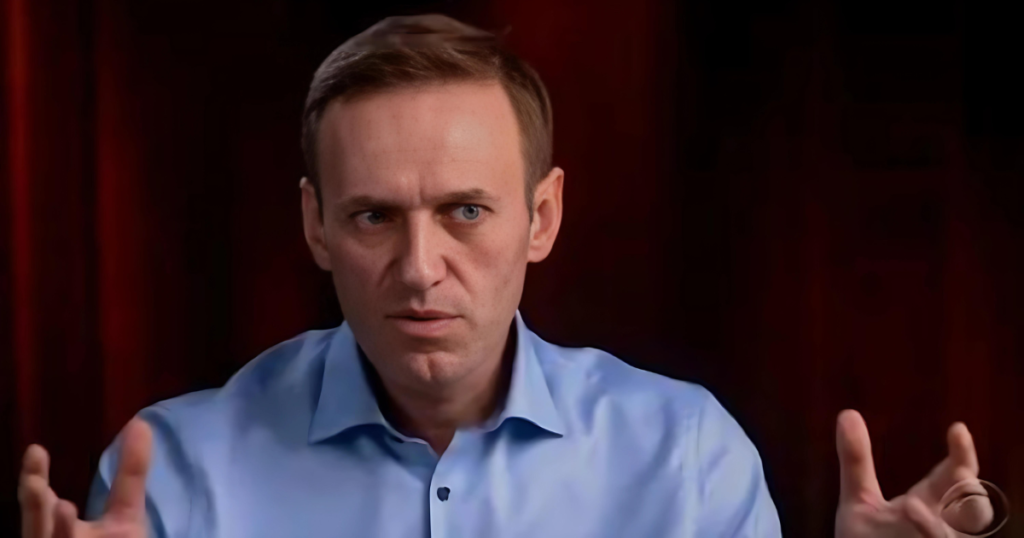
Navalny and his supporters understand that succeeding in their long-shot bid to transform Russia’s political system could take years or even decades. Patience and perseverance remain essential.
As pressure builds on Putin from abroad and within, Alexei Navalny stands ready to offer an alternative vision whenever the window opens for Russia to move toward greater democracy. For now, he will continue speaking truth to power from his jail cell, buoyed by those sharing his dream of a better future.
Conclusion:
Alexei Navalny has cemented his legacy as the man Vladimir Putin loves to hate – a courageous, defiant opponent exposing corruption and rights abuses when few others dare speak out. His poisoning, unjust imprisonment and the crackdown on his movement showcase the Kremlin’s fear of those threatening Putin’s authoritarian grip on power.
Even as his ultimate fate hangs in the balance, Navalny’s efforts have inspired a new generation of political activists working toward a fairer, freer and more democratic Russia. The sacrifices made by Navalny, his family and supporters remind the world that the universal struggle for human rights and dignity spans from the streets of Moscow to the halls of the European Union to the White House.
Russia’s opposition will undeniably face a long, uncertain road ahead in challenging Putin’s hostile regime. But Navalny and his followers hope each small act of dissent plants the seeds helping new democratic leaders take root across Russia in coming years.
With eyes on Russia worldwide, Alexei Navalny has already cemented his legacy as the man who looked Putin in the eye and insisted the emperor has no clothes, speaking truth at great personal cost. Whether new political winds someday sweep Navalny himself into power, the movement he built proceeds unbowed – sharing his vision of a better Russia governed by laws rather than fear.
-
Who is Alexei Navalny?
Alexei Navalny is a Russian opposition politician, lawyer, and anti-corruption activist. Since 2009, he has gained prominence in Russia due to his investigations into government corruption and criticism of President Vladimir Putin. He has organized multiple street protests against Putin’s regime.
-
Why was Navalny poisoned?
In August 2020, Navalny was poisoned with the nerve agent Novichok during a flight from Siberia to Moscow. It was an assassination attempt linked to Russia’s FSB spy agency and Kremlin labs. As Putin’s most prominent critic, Navalny has faced numerous death threats and violence for his political activism.
-
Is Navalny still alive?
Yes, Navalny remains alive despite the poisoning attempt in August 2020. After treatment in Germany, he returned to Russia in 2021 only to be immediately arrested and imprisoned on old fraud charges he calls fabricated. As of late 2022, he continues serving over ten years in prison.
-
What happened to Navalny after he was poisoned?
After the Novichok poisoning, Navalny spent nearly five months recovering in a hospital in Germany. Specialists there saved his life. He had been in a coma and almost died before an emergency landing allowed his medical evacuation from Russia.
-
What is Navalny’s net worth?
Navalny’s net worth estimates vary, but some analysts place it around $2 million based on disclosed apartments and assets in his and his wife’s names. He has lived a mainly modest middle-class lifestyle compared to Russia’s mega-rich oligarchs who support Putin’s rule.
-
How long is Navalny in prison?
Currently, over 10 years after additional sentences were handed down in 2022. Many nations call the extreme jail terms politically motivated punishment simply for Navalny daring to oppose and expose corruption in Putin’s circles of power. The sentences essentially make him a political prisoner.
-
Is Navalny’s family also targeted?
Yes, his wife, daughter, son and other family members have faced government harassment like surveillance, arrest threats and smear campaigns. Navalny’s brother Oleg spent years imprisoned in 2014 on trumped-up charges in retaliation for Alexei’s activism against Putin.
-
What is Navalny’s vision for Russia?
Navalny calls for free and fair elections, ending corruption, protecting civil liberties and balancing power away from Putin’s centralized authority. But he could face over a decade more in prison. Still, he tweets that his jailing only shows “you can’t put everyone in prison,” giving hope to reformers.
-
Will Navalny one day lead Russia?
It’s very uncertain if Navalny will ever get the chance to lead Russia, given Putin’s iron grip on power and use of repression against opponents. Some supporters believe Navalny could emerge to spearhead democratic reforms whenever Putin’s regime finally falters from internal and external pressures.

